Newbie to Mulching Leaves Into Lawn
fidgiegirl
14 years ago
Featured Answer
Sort by:Oldest
Comments (12)
Kimmsr
14 years agoRelated Professionals
Fillmore Landscape Architects & Landscape Designers · La Marque Landscape Architects & Landscape Designers · Lake Oswego Landscape Architects & Landscape Designers · Signal Hill Landscape Architects & Landscape Designers · Cliffside Park Landscape Contractors · Pompton Lakes Landscape Contractors · Rockland Landscape Contractors · Gages Lake Driveway Installation & Maintenance · Crestwood Driveway Installation & Maintenance · Palos Verdes Estates Swimming Pool Builders · Rowlett Swimming Pool Builders · Bellevue Fence Contractors · Downey Fence Contractors · Mill Valley Fence Contractors · Newington Fence Contractorslou_spicewood_tx
14 years agoKimmsr
14 years agoKimmsr
14 years agordak
14 years agobgtimber75
14 years agobpgreen
14 years agobgtimber75
14 years agobpgreen
14 years agowhammytap
8 years agomaidinmontana
8 years ago
Related Stories

GARDENING GUIDESNew Ways to Think About All That Mulch in the Garden
Before you go making a mountain out of a mulch hill, learn the facts about what your plants and soil really want
Full Story
GARDENING GUIDESHow to Pick a Mulch — and Why Your Soil Wants It
There's more to topdressing than shredded wood. Learn about mulch types, costs and design considerations here
Full Story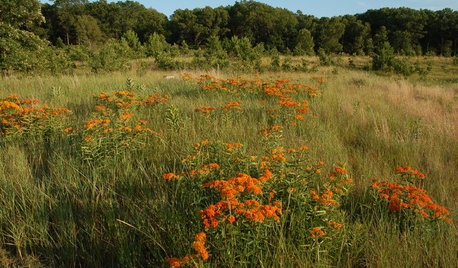
GARDENING GUIDESThe Art of Green Mulch
You can design a natural garden that doesn’t rely on covering your soil with wood and bark mulch
Full Story
FALL GARDENING5 Ways to Put Fall Leaves to Work in Your Garden
Improve your soil and yard the organic way with a valuable garden booster that grows on trees
Full Story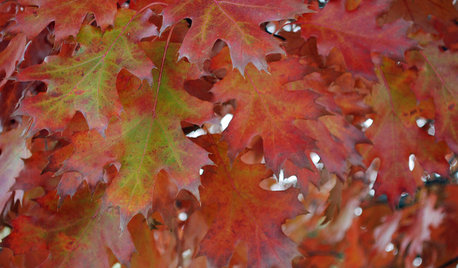
GARDENING GUIDES6 Healthy Ways to Handle Fallen Leaves
Once nature's beautiful bounty is spent, these ecofriendly strategies for leaves will put your yard in the clear
Full Story
LANDSCAPE DESIGNGet Along With Less Lawn — Ideas to Save Water and Effort
Ditch the mower and lower your water bill while creating a feast for the eyes with diverse plantings and gathering places
Full Story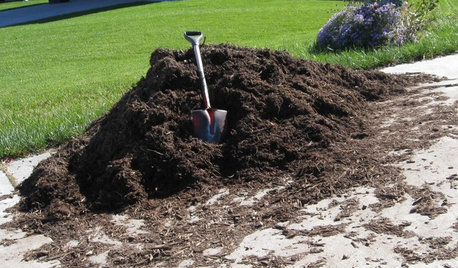
FRONT YARD IDEASBefore and After: Front Lawn to Prairie Garden
How they did it: Homeowners create a plan, stick to it and keep the neighbors (and wildlife) in mind
Full Story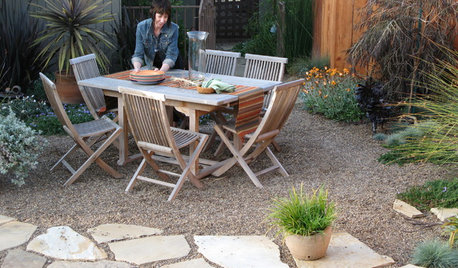
LANDSCAPE DESIGN15 Great Ideas for a Lawn-Free Yard
End the turf war for good with hardscaping, native grasses and ground covers that save water and are easier to maintain
Full Story
EARTH DAYThe Case for Losing the Traditional Lawn
Work less, help the environment and foster connections by just saying no to typical turf
Full Story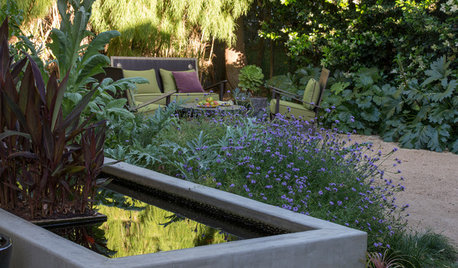
SAVING WATERHouzz Call: Are You Letting Go of Your Lawn?
Many facing a drought are swapping turf for less thirsty plantings. If you’re one of them, we’d like to hear about it
Full Story





bpgreen